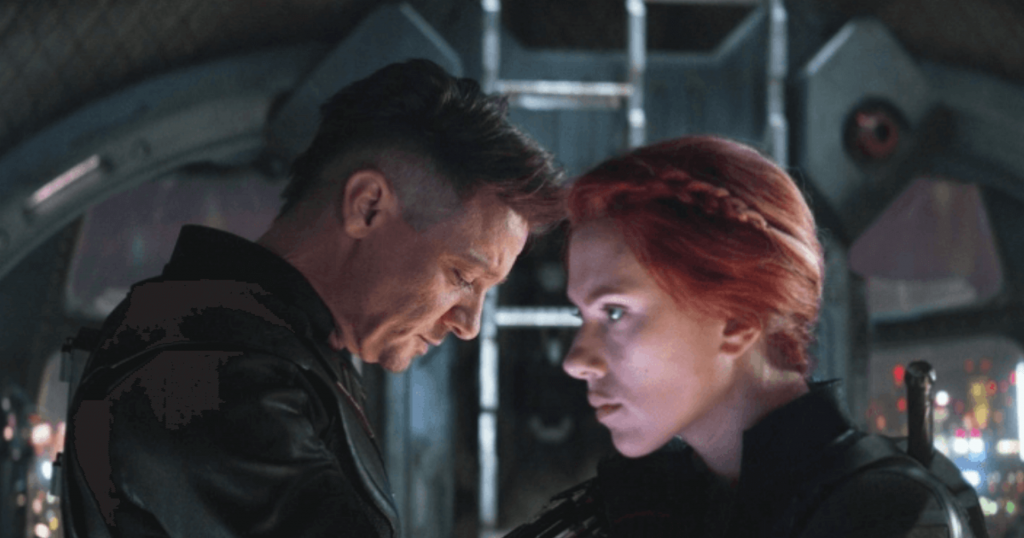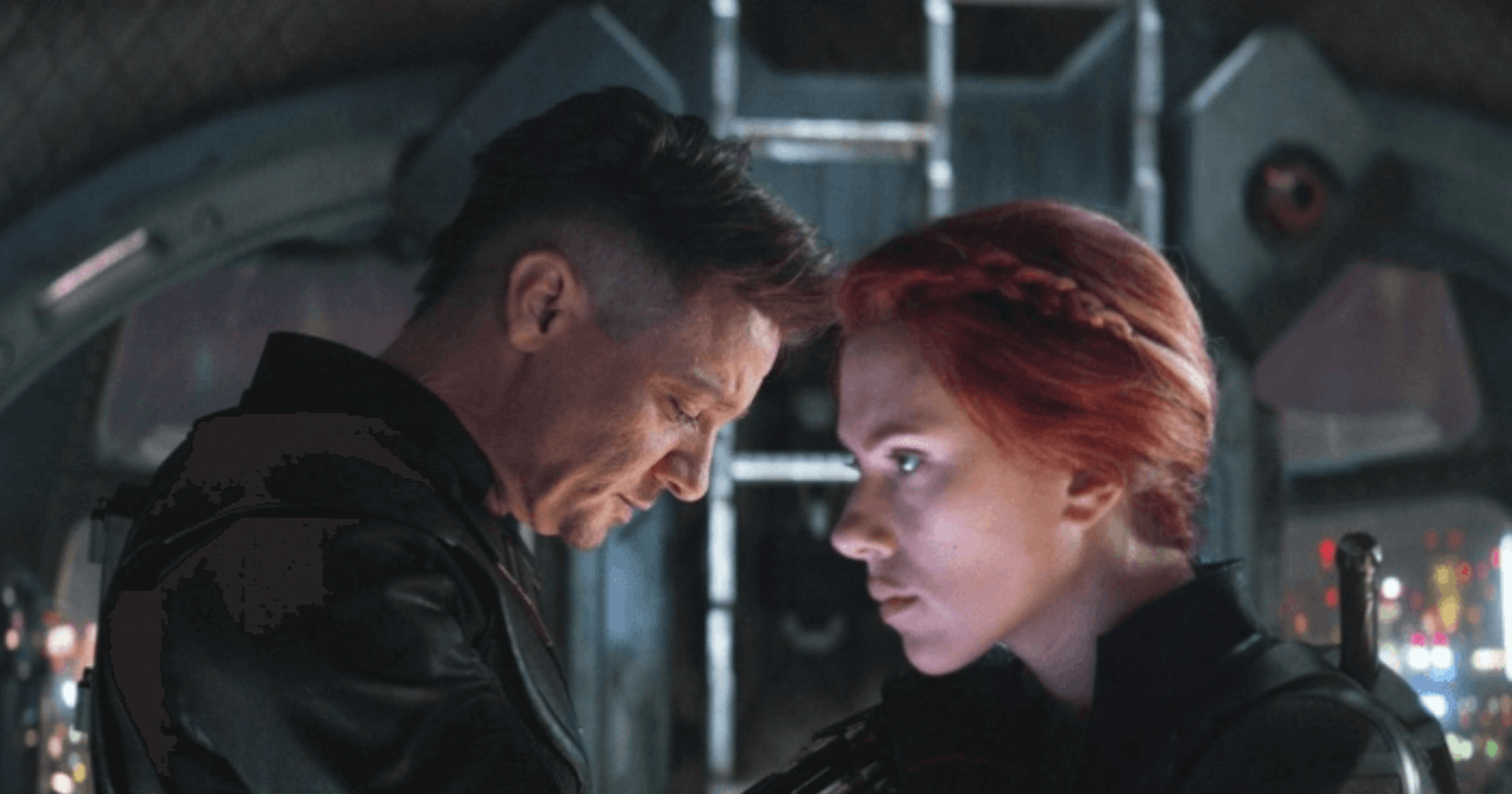
‘Avengers: Endgame’ film review
By Bex Peterson, Editor-in-Chief
3.5/5
Note: This is NOT a spoiler-free review. Please read at your own risk!
After a whopping 22 films in the trailblazing Marvel Cinematic Universe, the time has come to bring an end to the Infinity War saga that has been gracing our screens for over a decade. It’s hard to believe that there was a time where the idea of a superhero team-up film was unique to the point of being considered risky. After all, we wondered, would moviegoers really want to see a movie where you’d have to watch at least three other films beforehand to know what’s going on?
The first Avengers movie was like nothing we’d seen before. Now, however, it’s just about all anyone is seeing, with other film studios trying to cash in on that sweet movie universe franchising fortune with various degrees of success. So how do you make the concept exciting enough to warrant Endgame’s bladder-testing three-hour runtime? You get back to the basics.
With half the universe snapped away in the previous film by the purple power-mad Titan Thanos, the remaining Avengers are forced to come to grips with their failure. After five years of the survivors living and struggling in a half-empty world, “Ant-Man” Scott Lang (Paul Rudd) re-emerges from a quantum experiment he’s been stuck in since the snap with a radical idea: Using time travel to steal the Infinity Stones from the past to bring everyone Thanos killed back to life.
The premise is a good one for a film that so clearly wanted to cap off this era of Marvel movies with depth and poignancy. It allows us to take a tour of some of the high points (and low points) of the last decade, revisiting Avengers, the first Guardians of the Galaxy movie, and—well, Thor: The Dark World. Easy laughs and emotional points are gained by getting a 360 view of scenes from films most viewers remember fondly; we get to see what happens after the original Avengers’ heroic victory team-up pose in front of a defeated Loki in Stark Tower, revisit “Star-Lord” Peter Quill’s iconic dancing intro, and get cameo after cameo of characters we haven’t seen in years.
These moments work because they’re designed to work, a mixture of nostalgia and meta humour that even a cynic would be hard-pressed not to enjoy. There is a paint-by-numbers element to how it’s constructed, seeming to operate on the Marvel formula of “if it ain’t broke, don’t fix it;” a blessing and a curse, as it’s this formula that has allowed Marvel to churn out blockbuster after blockbuster with very few commercial failures in the current line-up of Marvel films. Did I find the all-girl team-up of superheroines during the incredibly crafted final battle scene emotionally manipulative? Yep. Did I get misty-eyed thinking about all the kids who get to grow up in an era of female superheroes, having enough badass ladies on the screen to warrant said team-up? Absolutely.
Despite the somewhat mechanical formation of the screenplay, I did enjoy the stuff I was supposed to enjoy—for the most part. Unfortunately, the formula slopped out two or three components of the film that, quite honestly, felt like finding a few giant raisins in an otherwise perfectly tasty chocolate chip cookie.
While the other Avengers had very realistic and sympathetic arcs with regards to grief, guilt, and mourning in the wake of Thanos’ genocide, Thor (Chris Hemsworth)—who arguably had the strongest emotional performance in the previous film—was given a “hilarious” drinking problem and a fat suit. Instead of sympathy for Thor’s trauma, we were pelted with endless jokes about his eating habits and physical appearance. In a movie that was trying so hard for emotional depth, this treatment is completely tone-deaf and at times gleefully malicious.
The other sour note in the film for me was the treatment of “Hawkeye” Clint Barton (Jeremy Renner) and “Black Widow” Natasha Romanoff (Scarlett Johansson). In the wake of his family being snapped away by Thanos, Barton shaves his head into an angsty mohawk (I get it, we’ve all made bad hair decisions when we’re upset) and goes on a unilateral killing spree of criminals he personally deems worthy of execution (who all just so happen to be people of colour). There’s even an extended swordfight sequence in Japan (because all Japanese yakuza wield katanas, obviously) where the crime boss points out that, well, maybe this is all a bit fucked up, actually.
After convincing him to help in the so-called “time heist,” Natasha and Clint travel back to Vormir, the planet where Gamora was lovingly tossed off a cliff to her death by a softly weeping Thanos in the previous film. Once Clint and Natasha realize one of them has to die to retrieve the Soul Stone, they engage in a very different kind of fight to the death, with both of them determined to sacrifice themselves for the other.
This could have been an incredible scene, and it almost was—Clint manages to knock Natasha off her feet and makes a sacrificial run for the cliff. I remember thinking that this, while not making up for Clint’s little murder rampage, at least shows that he’s aware he has a debt he owes to society at this point. Red in his ledger, if you will. It could have been a redemptive moment that his character sorely needed.
Instead, the formula comes roaring back in with a vengeance, as Natasha manages to save Clint and sacrifices herself in his stead. What should have been a poignant moment is rendered almost darkly comedic as her fall and final death shot were filmed and edited exactly the same as Gamora’s, even scored with the same music. This leaves us with yet another badass woman killed off for the sake of man pain while the audience is meant to sympathize with a vigilante serial killer ’cause, like, he’s just so sad, guys. Instead of an interesting parallel to Gamora’s forced sacrifice, we got a parody.
It’s hard to reconcile these cringe-worthy moments with the rest of the movie. I wouldn’t say they impacted my enjoyment of everything else on the whole—after all, you can still eat around the raisins in the chocolate chip cookie. Still, I found them bafflingly unnecessary.
Much like the previous 21-movie collection of the MCU, Endgame has plenty of highs and only a few (admittedly pretty dismal) lows. But hey—with a three-hour runtime, maybe it’s not such a bad thing that I know which scenes I’m happy to miss for a bathroom break on a re-watch, or fast-forward through to cut down the runtime when the film finally makes it to Netflix.


